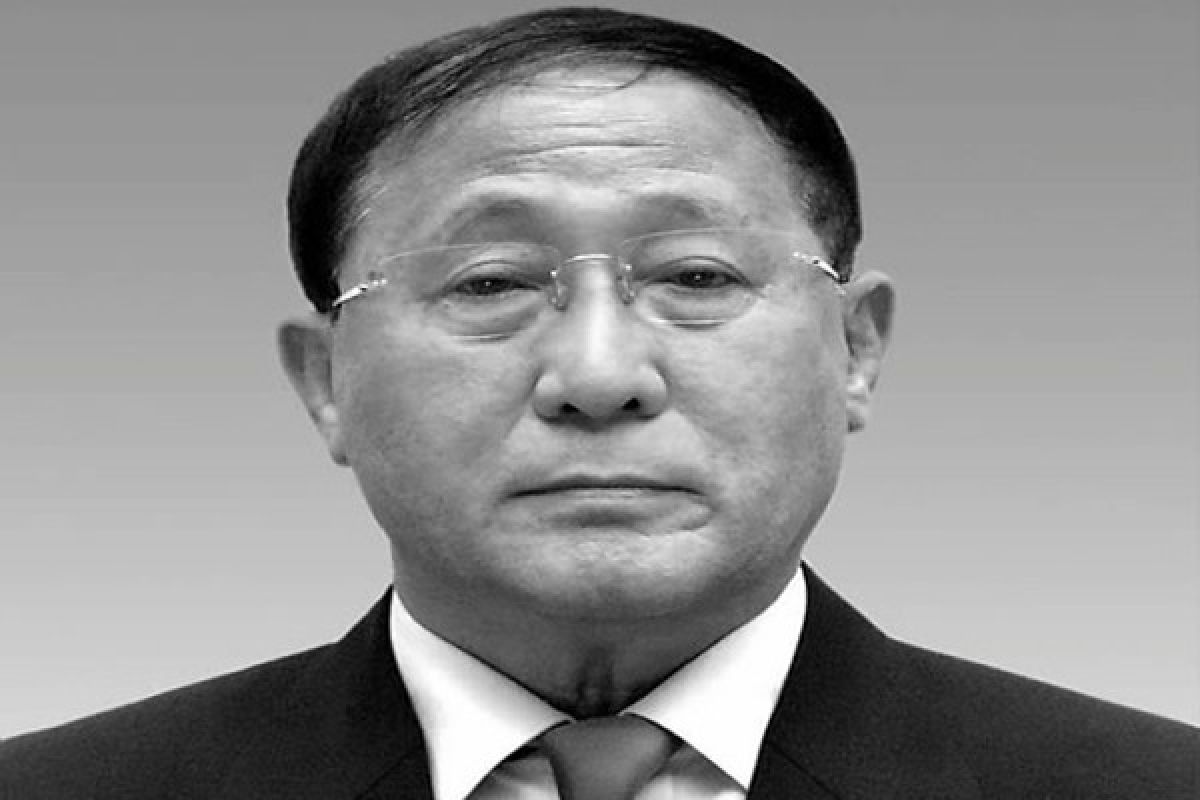Comrade Kang Sok Ju played an active role at the forefront ..."Seoul (ANTARA News) - The architect of North Koreas nuclear diplomacy who negotiated a 1994 accord with the United States that halted a U.S. plan for a military strike on the isolated states nuclear facilities, has died, North Korea said on Saturday.
Kang Sok Ju, who last served as the Norths vice premier and a member of the ruling Workers Party Central Committee, died of cancer on Friday at the age of 76, the official KCNA news agency said.
Kang, as vice foreign minister, held tense negotiations with the United States that led to the 1994 "Agreed Framework" for the North to suspend activity at its Yongbyon nuclear site in return for construction by an international consortium of a nuclear power plant that would not be diverted for military use.
"Comrade Kang Sok Ju played an active role at the forefront to undertake the great Marshals genius diplomatic wisdom and outstanding guidance, leading the anti-U.S. nuclear battle starting in the early 1990s," KCNA said.
The Marshal refers to Kim Jong Il, who was leader when the 1994 deal was struck. He was the father of current leader Kim Jong Un and died in 2011.
The 1994 deal is credited for slowing the Norths nuclear weapons programme by nearly a decade, although it gradually unravelled and broke down in 2003 after South Korea, Japan and the United States spent more than $2 billion on the project.
North Korea conducted its first nuclear test in 2006 and has carried out three more since then, the last in January, leading to tougher U.N. sanctions.
During the talks in Geneva that led to the deal, Kang warned that U.N. sanctions against the North would be considered an act of war, Robert Gallucci, who was Kangs U.S. counterpart, has said.
The warning prompted then-U.S. President Bill Clinton to formulate a response to the possibility of military action by the North including an air strike to destroy Yongbyon, 90 km (55 miles) north of the North Korean capital, Gallucci said in interviews.
At the height of tension, the North presented the idea of freezing activity at Yongbyon in return for two light-water reactors with safeguards to prevent them being diverted for military use, leading to the agreement.
The project suffered persistent delays and took years for real work to begin at the proposed site on the Norths east coast.
North Korea and the United States blamed each other for the collapse of the deal.
Editor: Priyambodo RH
Copyright © ANTARA 2016




